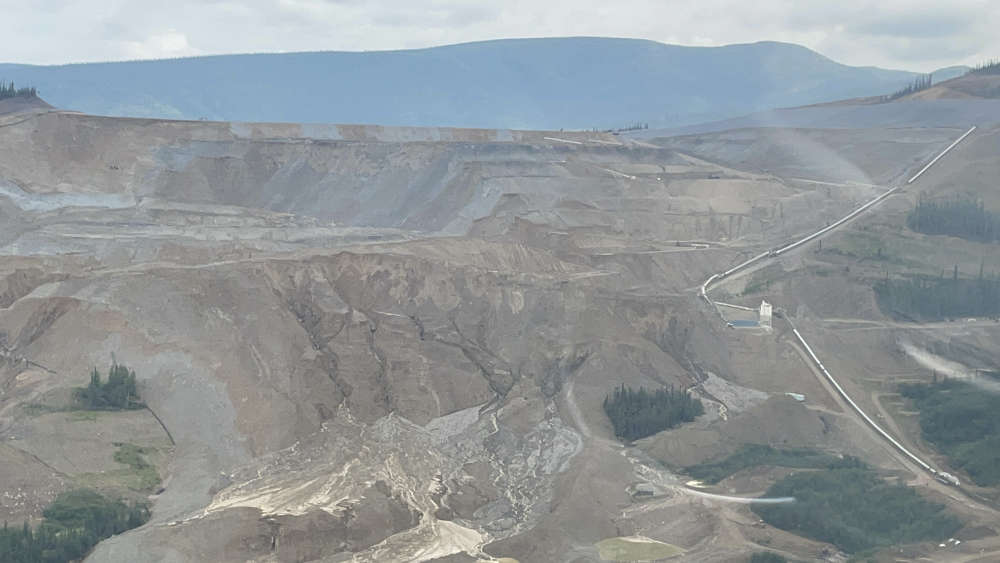
Stephen Foley, a University of Saskatchewan chemistry professor, explains the benefits, drawbacks, and alternatives to cyanide in the gold mining industry.
Two weeks after the heap leach failure at Victoria Gold’s Eagle Gold Mine north of Mayo, answers on exactly what happened are scarce.
One thing made clear by the Government of Yukon is that tests of water near the mine, including Haggart Creek, came back positive for cyanide.
Cyanide has been used in mining for over a hundred years, replacing more toxic chemicals like mercury and chlorine. Speaking with CHON-FM, Stephen Foley, a chemistry professor at the University of Saskatchewan, explains why cyanide continues to be so widely-used in the mining industry.
“It’s been the most cost-effective system,” said Foley. “Nothing’s really come that close to being able to substitute for cyanide on a cost-effective ratio.”
“It’s relatively fast; it’s simple; it’s really, really well-understood; it’s relatively selective for gold […] and it’s biodegradable.”
“You hear people talk about how it’s biodegradable, and it is, but the biodegradability associated with that needs some caveats. It’d be associated with if you’re in an aqueous system, the temperature, the pH, the exposure to UV light; would all determine the rate at which cyanide can biodegrade. But it is biodegradable.”
In the land of the midnight sun, there is an abundance of UV light in the summer months, which Foley says will help to biodegrade cyanide in surface water faster. Cyanide in ground water, which will see much less sunlight, will take longer to biodegrade.”
In the land of the midnight sun, there is an abundance of UV light in the summer months, which Foley says will help to biodegrade cyanide in surface water faster. Cyanide in ground water, which will see much less sunlight, will take longer to biodegrade.
Foley went on to say that, in the last 100 years, only three deaths in North America have been directly attributed to cyanide. But for all the benefits of cyanide in the mining industry, Foley says that there ARE some drawbacks.
“The problem with using sodium cyanide or potassium cyanide isn’t toxicity and human health,” said Foley. “Usually, it’s diluted enough that, as I just mentioned, very few deaths occur from it.”
“It’s when a tailings pond breaks away, and when you get a spill into water systems. And you get a massive spike of cyanide, which can then, of course, wipe out life in that water-based system.”
And that’s the prime concern of the First Nation of Na-Cho Nyäk Dun; that life in the area will be wiped out by the cyanide spill following the June 24 landslide.
While cyanide is one of the oldest and most widely used chemicals in extracting gold, it isn’t the only option. In jurisdictions where the use of cyanide has been banned, such as Montana, Wisconsin, and several counties in the United States, mines use thiosulphate as an alternative to cyanide.
But how does it compare to the tried-and-true method of the last century?
“It actually is faster than cyanide, and it’s relatively non-toxic,” said Foley. “So, those two factors are really good.”
“And, of course, there’s the downside: why isn’t everyone using thiosulphate? And, the chemistry is much more complex. You need to use more thiosulphate than you do cyanide, which of course means then there’s more cost associated with it, and that means transportation costs are up.”
“But despite all that, because its chemistry is more complex, it requires more steps. And that’s the key thing in there; because there’s more steps, there’s a higher cost associated with it, and that makes it considerably higher than just using cyanide.”
CHON-FM reached out to Victoria Gold for comment on the heap leach failure, but the mining company was unavailable for comment.
The next technical briefing on the incident is scheduled for Thursday, July 11.
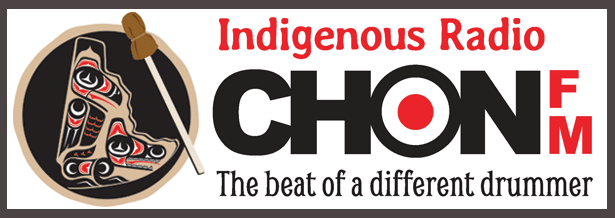
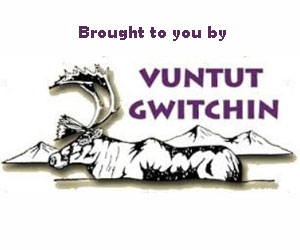
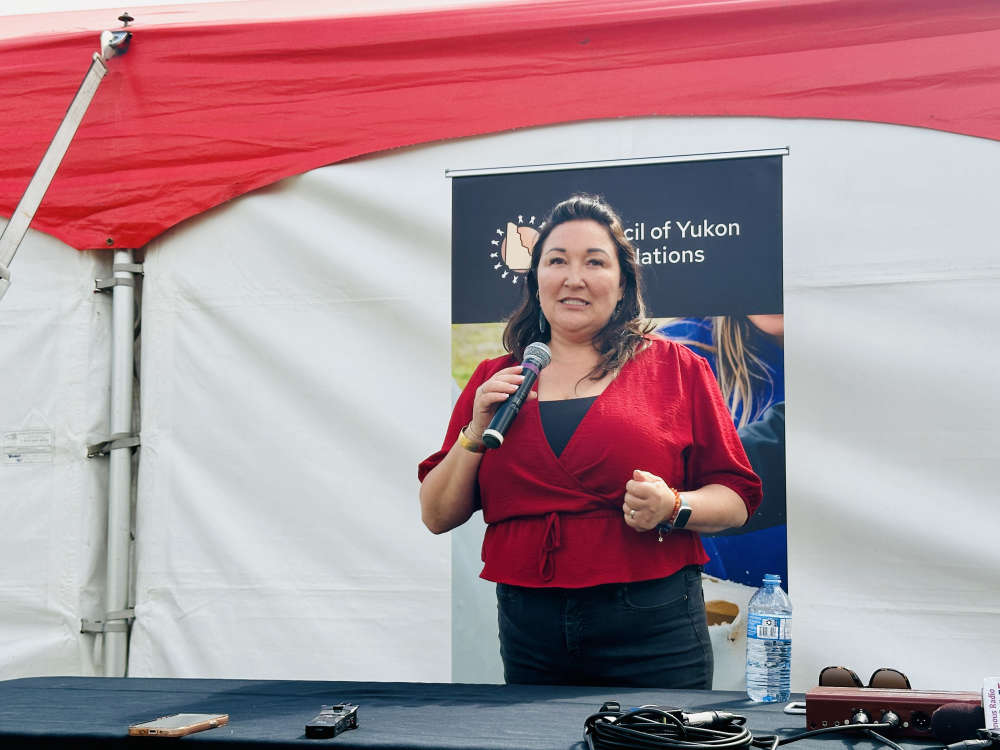 Math'ieya Alatani elected CYFN Grand Chief
Math'ieya Alatani elected CYFN Grand Chief
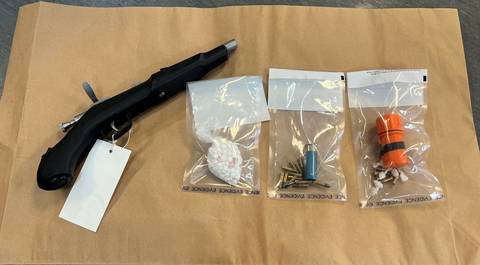 Watson Lake man charged in firearm robbery
Watson Lake man charged in firearm robbery
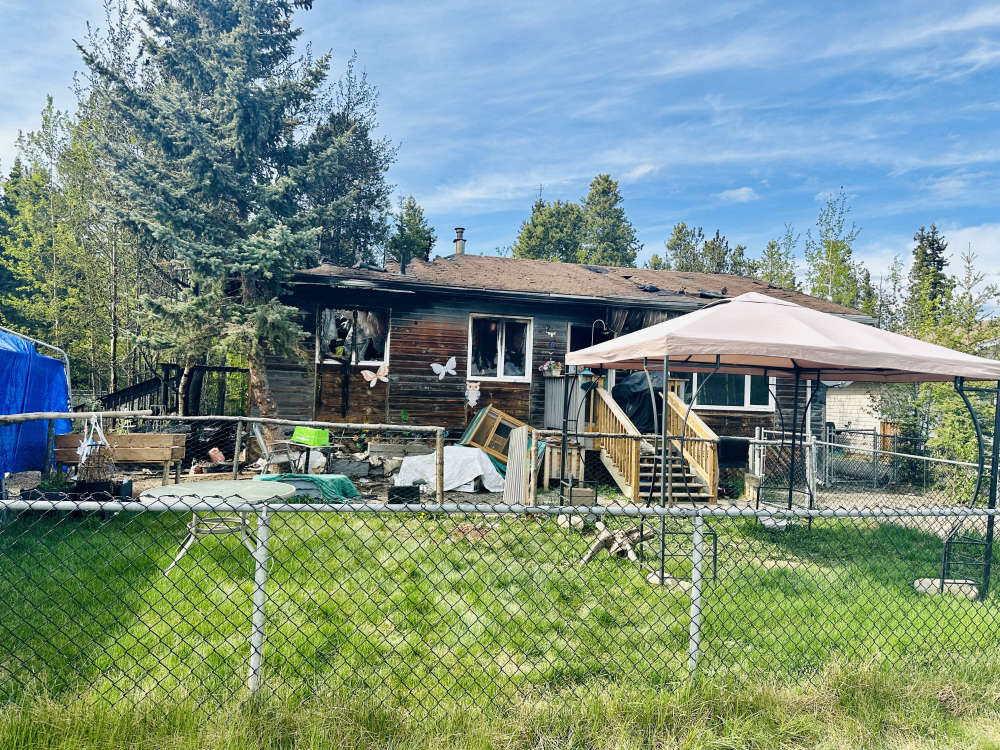 House fire in McIntyre contained
House fire in McIntyre contained
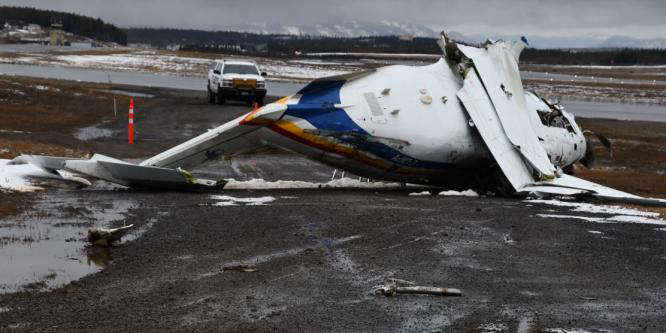 RCMP plane crash caused by faulty sensor: TSB report
RCMP plane crash caused by faulty sensor: TSB report
 New Fireweed Mental Health unit opens at Whitehorse General Hospital
New Fireweed Mental Health unit opens at Whitehorse General Hospital
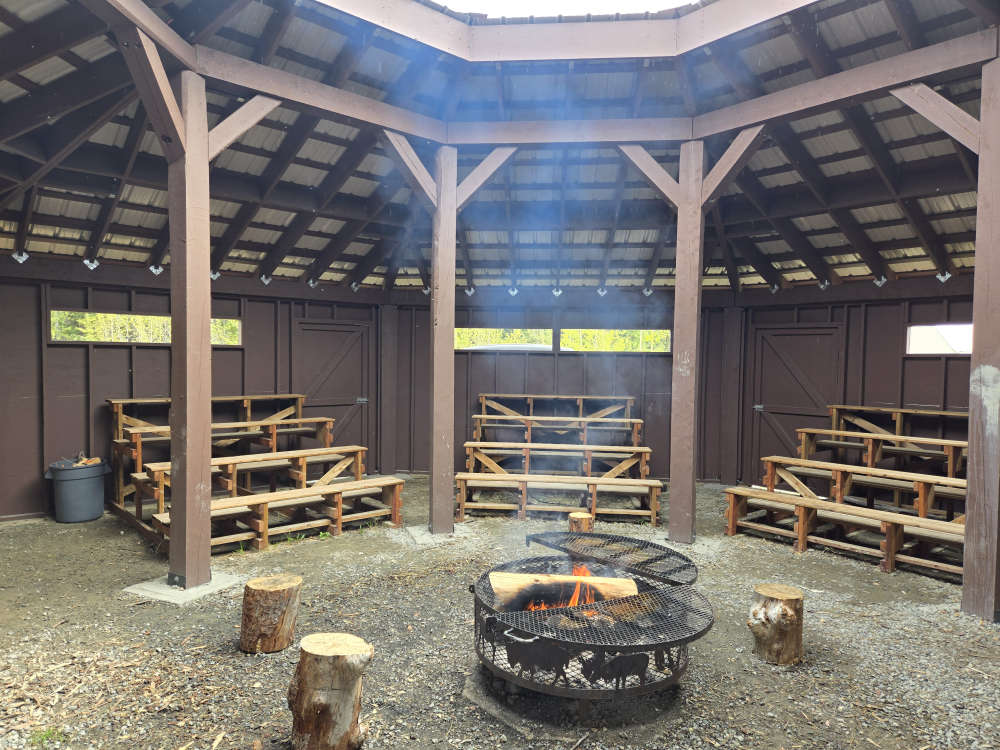 Traditional learning camp opens at Whitehorse school
Traditional learning camp opens at Whitehorse school
 Yukon Schools introduce online registration for bus service
Yukon Schools introduce online registration for bus service
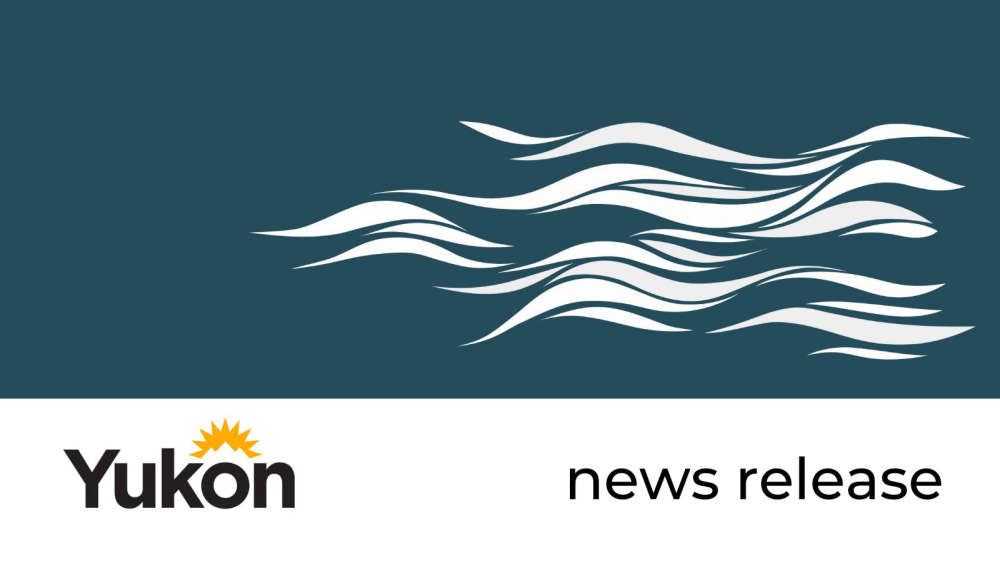 Yukon Government unveils progress in healthcare transformation with 2024 Putting People First annual report
Yukon Government unveils progress in healthcare transformation with 2024 Putting People First annual report
 Whitehorse Emergency Shelter unveils New Artwork celebrating Yukon First Nations culture
Whitehorse Emergency Shelter unveils New Artwork celebrating Yukon First Nations culture
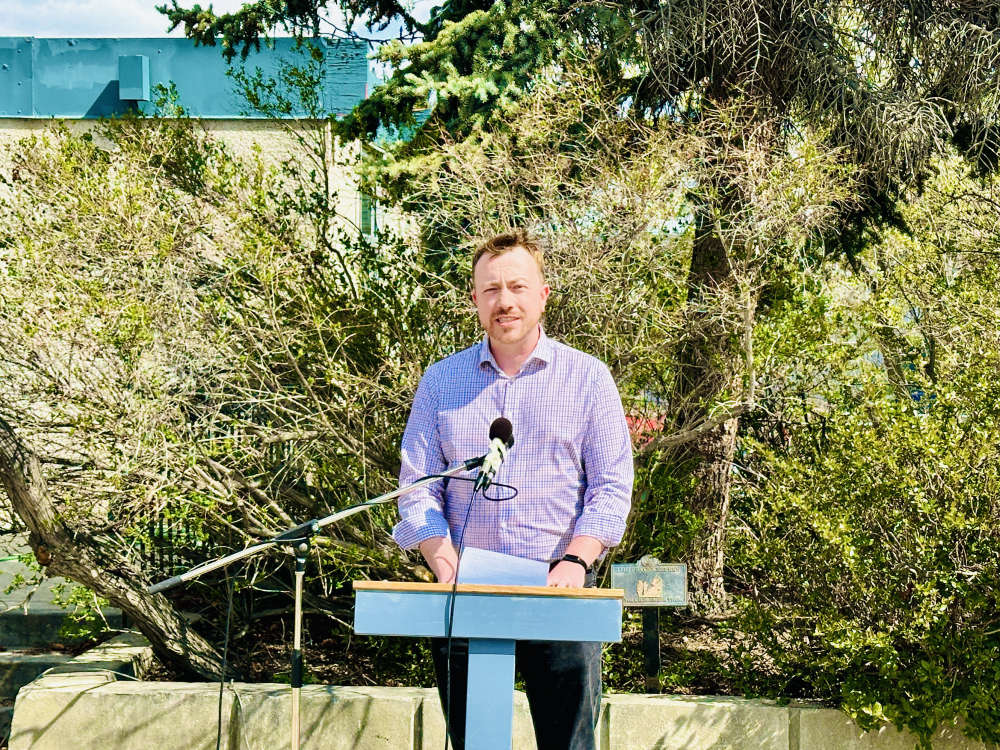 Former Whitehorse City Councillor Ted Laking announces bid for Yukon Party nomination in Porter Creek Centre
Former Whitehorse City Councillor Ted Laking announces bid for Yukon Party nomination in Porter Creek Centre
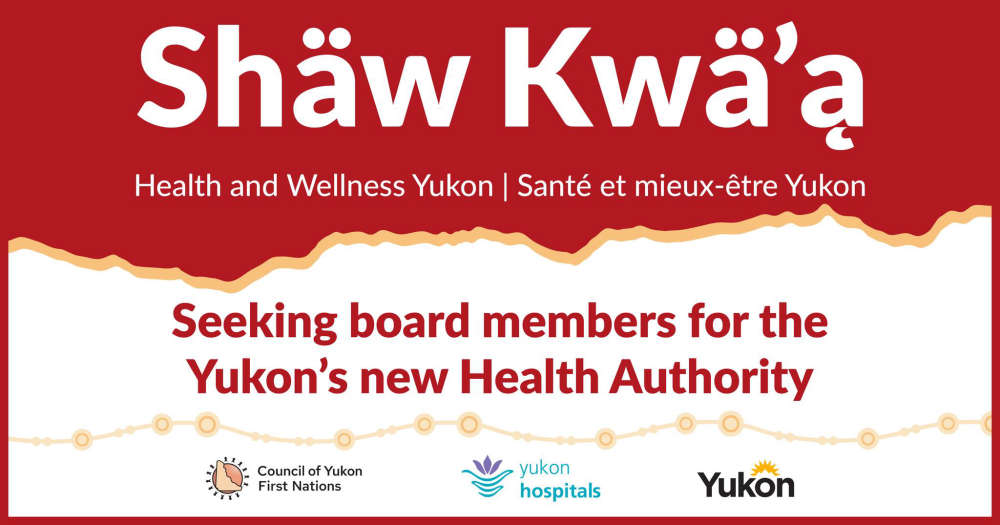 Yukon Government seeks applicants for new Health Authority Board
Yukon Government seeks applicants for new Health Authority Board
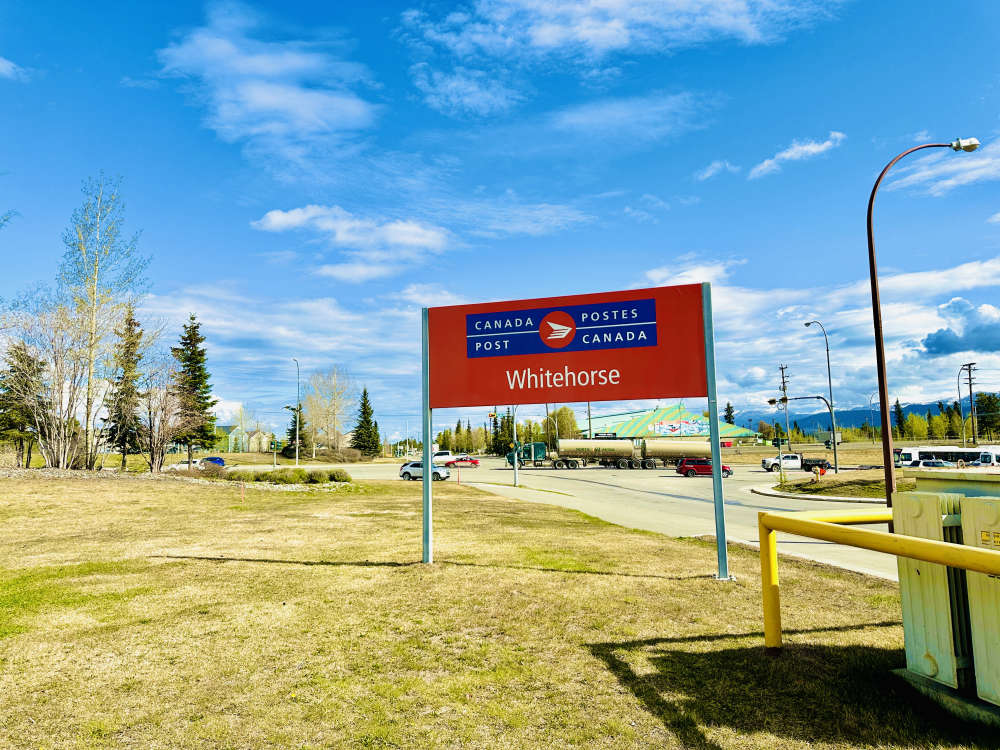 Canada Post strike looms, Yukoners brace for disruption
Canada Post strike looms, Yukoners brace for disruption
 Driver charged in fatal collision that killed Yukon Government Deputy Minister and injured Minister
Driver charged in fatal collision that killed Yukon Government Deputy Minister and injured Minister
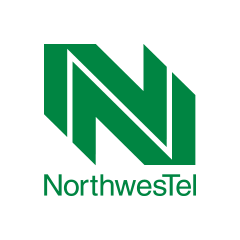 Yukoners encouraged to apply for Northwestel's Northern Futures Scholarship Program
Yukoners encouraged to apply for Northwestel's Northern Futures Scholarship Program
 City of Whitehorse summer transportation maintenance work underway
City of Whitehorse summer transportation maintenance work underway
 Yukon Government seeks input on new downtown public school
Yukon Government seeks input on new downtown public school
 Indigenous leadership takes centre stage: Rebecca Chartrand and Mandy Gull-Masty appointed to key cabinet roles
Indigenous leadership takes centre stage: Rebecca Chartrand and Mandy Gull-Masty appointed to key cabinet roles
 Whitehorse prepares for Annual 20-Minute makeover
Whitehorse prepares for Annual 20-Minute makeover
 RCMP conducting training exercises on Schwatka Lake
RCMP conducting training exercises on Schwatka Lake
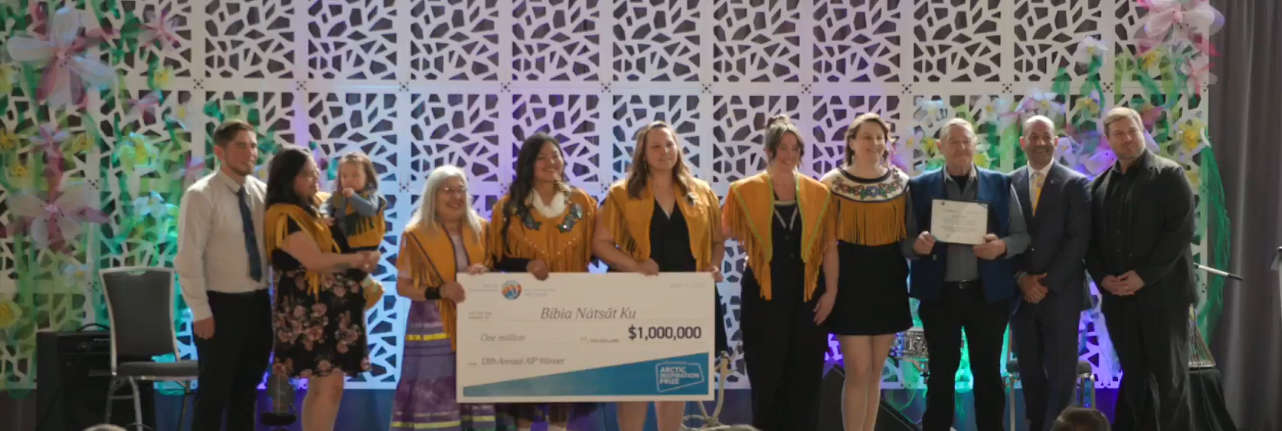 CYFN makes history as winner of prestigious Arctic Inspiration Prize
CYFN makes history as winner of prestigious Arctic Inspiration Prize